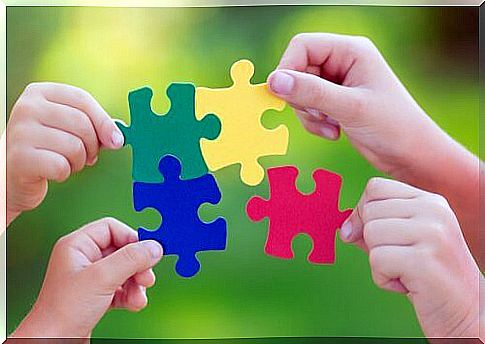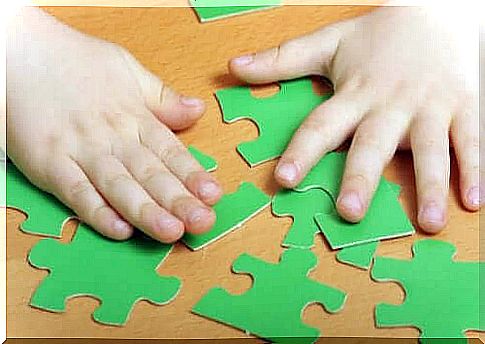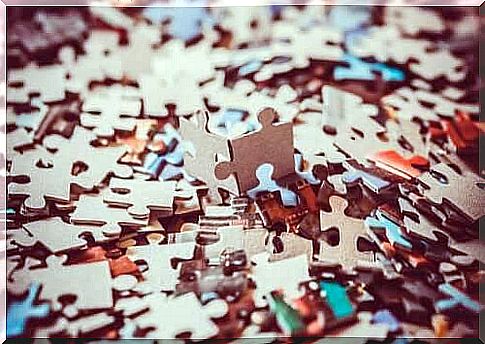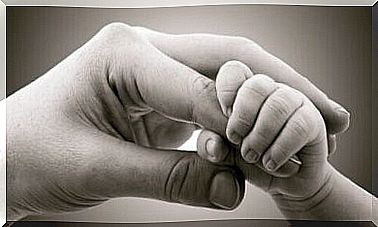5 Psychological Benefits Of Puzzles

All children in the world love to play, regardless of their culture. In this sense, it is worth noting that there is a wide variety of games that allow children to stimulate and enrich their minds, such as puzzles, for example. For this reason, we have prepared the following article on the psychological benefits of puzzles for children.
We must assess the relevance of games in children’s daily lives, since, thanks to these activities, they acquire a lot of learning in a playful and fun way.
The importance of games for children
Playing contributes to children’s cognitive, physical, social and emotional well-being. In fact, the American Academy of Pediatrics claims that play is very important to children’s evolutionary development. This is due to several reasons:
- Allows the development of a healthy and balanced brain.
- Facilitates interaction with the environment and with other people.
- Allows learning of basic skills and abilities.
- It improves affective family relationships, when fathers or mothers are involved and play with their children.
- Promotes the acquisition of social values and norms.

All these reasons justify the fact that it is so important to allow children the time and space to play, which is essential for an ideal and happy growth.
Psychological Benefits of Puzzles for Children
Children can start assembling puzzles from a very young age. In fact, nowadays, the market is already cataloged by age.
The fact of doing this activity from the first years of life brings a multitude of physical and psychological benefits. In this way, children develop greater coordination and motor skills with their hands.
In addition, they also have to develop various cognitive skills until they reach the final objective of the activity, that is, to assemble the puzzle correctly.
5 Psychological Benefits of Puzzles for Kids
Develop attention and memory
The puzzles improve children’s attention span and visual memory, as they must pay attention to what the image looked like and remember where to place each piece to assemble the puzzle.
Thus, children observe and explore the world around them, while retaining and organizing information. In addition, they train and develop attention and memory, which are so necessary for the acquisition of future learning.
Increase logical capacity
Through assembling puzzles, children’s logical ability and ingenuity are developed. That is, the ability to analyze and solve problems is encouraged .
Assembling a puzzle requires logical knowledge to reason, plan, and follow a solving strategy. This ability is beneficial for mastering science, technology, and mathematics.
Develop visuospatial intelligence
Puzzles are games that stimulate visuospatial intelligence. That is, the ability to represent spaces and images visually. Thus, children train the ability to imagine and rotate objects in three dimensions, in such a way that they develop a greater sensitivity to working with figures and shapes mentally.

Boost self-esteem
Playing with a puzzle involves overcoming a complex challenge. Therefore, when children reach the goal of reconstructing an image from several pieces, they feel satisfied and proud of their work. This helps to build self-esteem as they learn that they can achieve the goals they set themselves.
Promote frustration tolerance
In addition to the above, puzzles are also good for promoting frustration tolerance. This is because, throughout the development of the activity, children will encounter problems and difficulties in completing the image.
However, they need to overcome these moments of frustration to complete the assembly. In this way, children learn to control themselves and reflect before acting.
Give a child a puzzle and you will give them learning and fun.









